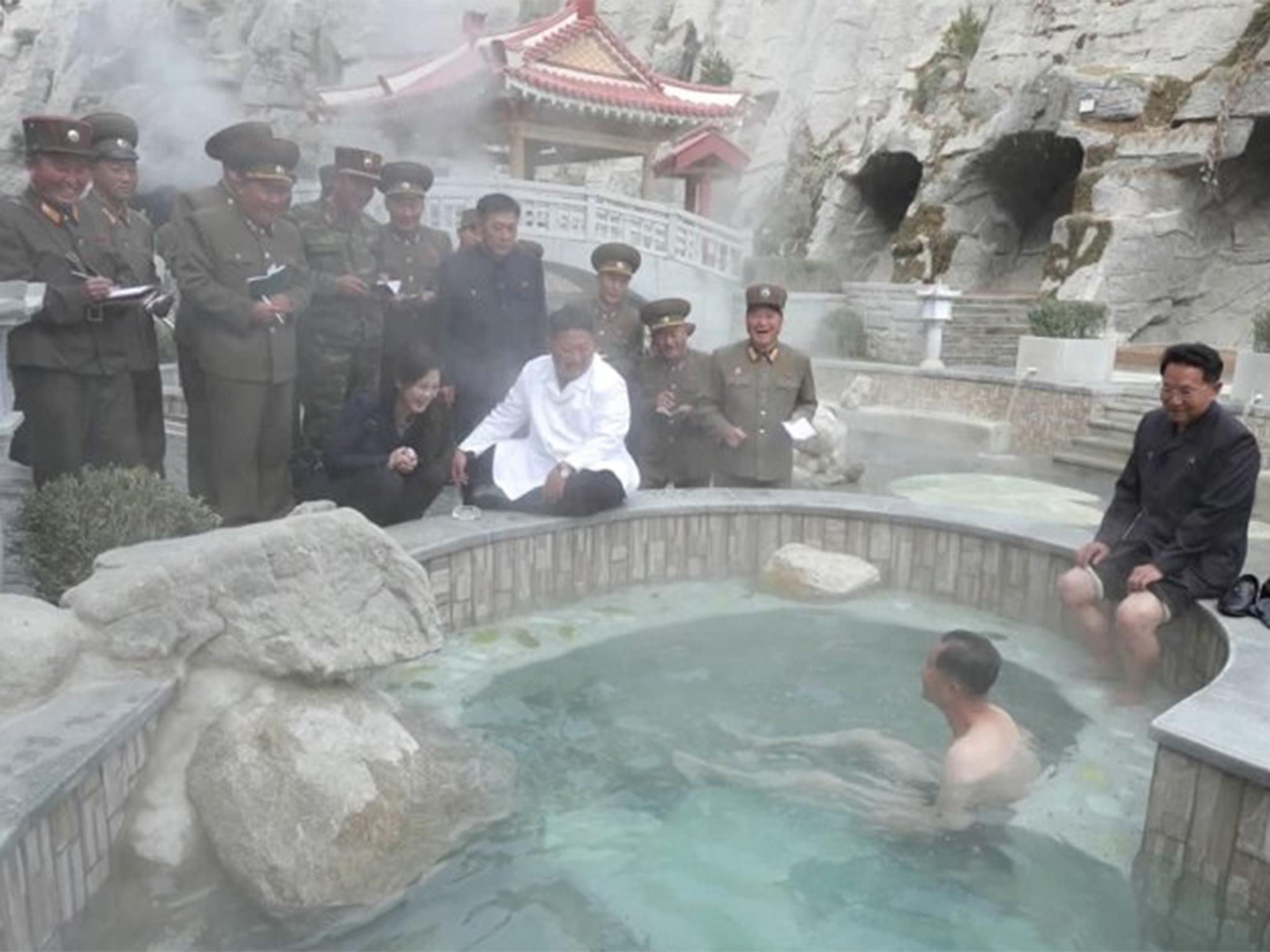North Korea plans to open up to foreign visitors for medical tourism
Chinese tourists expected to flock for traditional treatments

Your support helps us to tell the story
From reproductive rights to climate change to Big Tech, The Independent is on the ground when the story is developing. Whether it's investigating the financials of Elon Musk's pro-Trump PAC or producing our latest documentary, 'The A Word', which shines a light on the American women fighting for reproductive rights, we know how important it is to parse out the facts from the messaging.
At such a critical moment in US history, we need reporters on the ground. Your donation allows us to keep sending journalists to speak to both sides of the story.
The Independent is trusted by Americans across the entire political spectrum. And unlike many other quality news outlets, we choose not to lock Americans out of our reporting and analysis with paywalls. We believe quality journalism should be available to everyone, paid for by those who can afford it.
Your support makes all the difference.North Korea, one of the world's most reclusive states, plans to branch out into medical tourism next year, offering foreign visitors, most likely from China, treatments including cataract surgery, dental implants and therapy for tumours.
The ruling party's Rodong Sinmun newspaper reported on Friday the recent launch of the Treatment Tourism Exchange Corporation, aimed at capitalising on the “rising demand for tourism, including medical care, in line with an international trend”.
The new state entity will operate health clinics near hot springs, whose mineral waters, it said, can help treat neuralgia, arthritis, and heart and skin ailments.
Private tourism is one of the few remaining areas of business not blocked by sanctions imposed on North Korea over its nuclear and missile programmes.
As many as 350,000 Chinese tourists have visited North Korea this year, potentially netting the authorities up to $175m (£133m), according to some analysts.
Last month, North Korean leader Kim Jong-un visited a hot spring resort nearing completion in the central alpine town of Yangdok, one of major construction projects at the heart of his drive to build a “self-reliant” economy.
Yang Moo-jin, a professor at the University of North Korean studies in Seoul, described the medical tourism campaign as propaganda designed at showing progress, while adding that it could appeal to some Chinese tourists.
“North Korea primarily offers natural tourist attractions and appears to believe they can be a money maker if combined with elements of oriental medicine, which many Chinese people like,” he said.
A recent report by a government-affiliated health institute in neighbouring South Korea said North Korea was struggling to provide basic health care.
“The reality is that primary-care providers, local clinics and doctors are so short of basic equipment and supplies that they barely provide what may be called medical consultation,” it concluded in the report on the state of the health sector in the North.
“The situation is not much better for secondary-care providers including state hospitals in cities and counties,” it said.
Reuters
Join our commenting forum
Join thought-provoking conversations, follow other Independent readers and see their replies
Comments